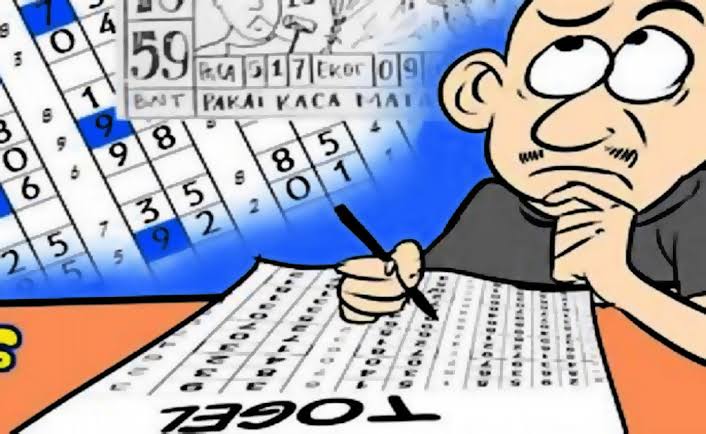
Perbedaannya adalah keju vegan dibuat dari bahan nabati atau sayuran. Selain itu, ada banyak rasa dan gaya pemrosesan keju vegetarian dan vegan di pasaran. Anda juga bisa memilih sesuai selera masing-masing.
Mengenal keju vegan
Sebenarnya bukan hal baru jika ada keju tanpa menggunakan produk susu. Karena jenis keju ini sudah ada sejak tahun 1980-an, namun rasanya tidak cocok untuk dikonsumsi.
Dalam beberapa tahun terakhir, popularitas keju vegan telah meledak. Ada begitu banyak rasa keju vegan yang bahkan sangat mirip dengan keju susu. Berikut beberapa bahan bakunya :
KEDELAI
Bahan makanan yang satu ini biasanya merupakan pengganti produk hewani, termasuk keju olahan. Untuk membuatnya, produsen akan menambahkan minyak sayur dan pengental agar tekstur dan rasanya mirip dengan keju biasa.
Namun perlu diingat bahwa beberapa keju kedelai juga mengandung protein susu dalam bentuk kasein. Karena adanya bahan ini, keju meleleh saat dikonsumsi. Sayangnya, kasein ini tidak dapat dikonsumsi oleh para vegan. Namun, ini bisa menjadi alternatif bagi orang yang tidak toleran laktosa.
KACANG TANAH
Ada juga alternatif keju yang terbuat dari kacang-kacangan dan biji-bijian. Jenis ini dinilai lebih bergizi karena proses pengolahannya sangat minim. Untuk membuatnya, kacang atau biji yang digunakan harus direndam kemudian dihaluskan.
Kemudian melewati proses fermentasi bakteri yang sama seperti saat membuat keju biasa. Selain itu, keju, ragi nutrisi atau rempah-rempah lainnya juga ditambahkan untuk memperkaya rasa. Beberapa bahan keju vegan yang populer termasuk kacang macadamia, almond, kacang mete, biji bunga matahari, dan biji labu.
KELAPA
Menariknya, ada olahan keju vegan yang terbuat dari produk berbahan dasar kelapa. Terbuat dari santan, krim dan minyak. Kandungan lemaknya yang tinggi membuatnya ideal untuk produk krim seperti keju.
Namun tentunya bahan tambahan seperti tepung tapioka, tepung jagung, agar-agar dan karagenan dibutuhkan untuk mengentalkan hasil akhirnya.
Selain itu, karena kelapa memiliki rasa khas yang sangat berbeda dengan keju, maka perlu ditambahkan bumbu lain untuk meningkatkan rasanya. Misalnya garam, bubuk bawang putih, ragi nutrisi, hingga jus lemon.
TEPUNG
Berbagai jenis keju vegetarian dibuat dari kombinasi tepung yang berbeda. Contohnya adalah tepung tapioka, tepung kentang dan tepung terigu. Kemudian tepung tersebut dicampur dengan susu kedelai, susu almond, tepung kelapa atau buncis.
SAYURAN AKAR
Resep keju vegan lain yang kurang umum adalah menggunakan umbi-umbian. Contoh yang paling umum digunakan adalah kentang dan wortel. Kemudian dicampur dengan bahan lain seperti air, minyak, garam dan rempah-rempah sampai tercapai kekentalan yang diinginkan.



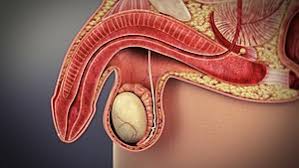












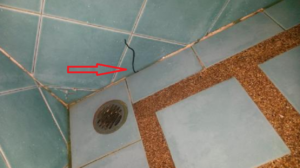
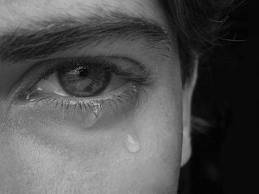




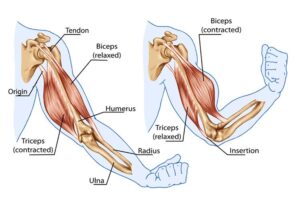





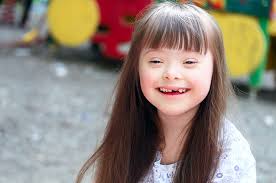








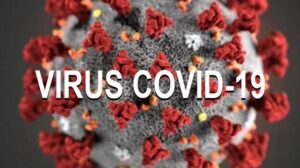


























 Pasaran lotere yang kini menjadi favorit para bettor adalah pasaran togel hongkong.
Pasaran lotere yang kini menjadi favorit para bettor adalah pasaran togel hongkong. 









![Togel Online Kudatogel Memberikan Keuntungan Besar Bagi Member [2020]](wp-content/uploads/2020/11/kudatogel-2-min.jpg)







